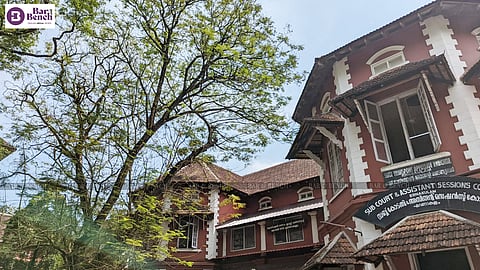While High Courts and sessions courts have concurrent powers when it comes to anticipatory bail pleas, the primacy should lie with the latter to promote access to justice and judicial efficiency, an amicus curiae told the Supreme Court [Mohammed Rasal C & Anr v. State of Kerala & Anr].

